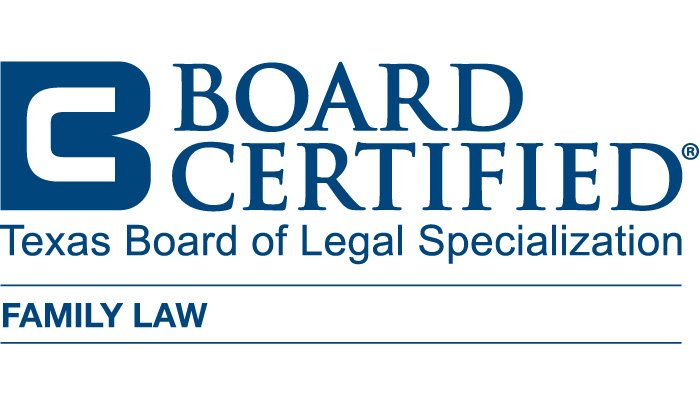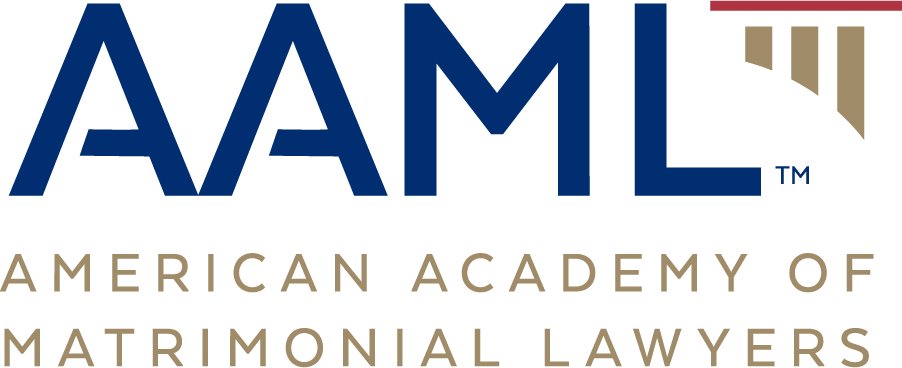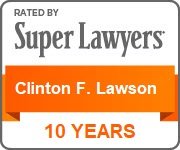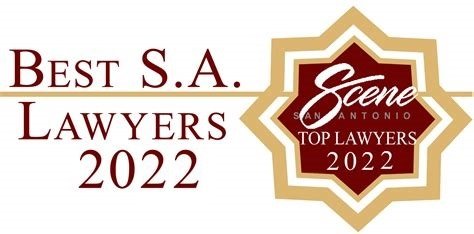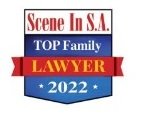BAR ADMISSIONS, LICENSES & CERTIFICATIONS
- State Bar of Texas, 1995
- Certified Mediator, South Texas College of Law, 1994
- Family Law, Board Certified by Texas Board of Legal Specialization, 2004
- Supreme Court of the United States, 2014
EDUCATION
- J.D., South Texas College of Law
- M.B.A., University of Houston
- B.A., Temple University, Philadelphia, PA
AFFILIATIONS & PROFESSIONAL ACTIVITY
- Member, San Antonio Bar Association
- Director, Family Law Section of the San Antonio Bar Association, 2013
- Director, Houston Bar Association Family Law Section, 2009 – 2010
- Member, Family Law Section of the State Bar of Texas
- Fellow, College of the State Bar of Texas
- Fellow - American Academy of Matrimonial Lawyers
- Member, Texas Academy of Family Law Specialists
- Director, Gulf Coast Family Law Specialists, 2006 – 2007
HONORS & AWARDS
- "Texas Super Lawyer," (per selection by Thompson Reuters) as published in Texas Monthly Magazine, 2013 through 2022
- "Top Attorneys in Texas," as published in Texas Monthly Magazine, 2013
- "Best Lawyer," as published in S.A. Scene Magazine, 2012 through 2022
- "Top 50 Attorneys," (Central & West Texas Region) as published in Texas monthly Magazine, 2014, 2015, 2016, 2019, 2020, 2021 and 2022
- "AV Pre-eminent Peer Review Rating," Martindale-Hubbell
- “Equal Access Champion”—Presented by The Houston Bar Association, The Houston Bar Foundation & The Houston Volunteer Lawyers Program
- "Pro Bono Partner," Disability Rights Texas, 2016
PRESENTATIONS
- “Premarital Agreements and Mail Order Brides”—San Antonio Bar Association, Family Law Section (with Andrea Brooks)
- "'Level Up' Using Claims for Reimbursement, Waste and Fraud"—Family Law Bar Association, 4th Annual Essentials Seminar at St. Mary's University School of Law (with Cristina Baumgardner)
SIGNIFICANT CASES
In the case of In re Stephanie Lee 411 S.W.3d 445 (Tex. 2013) the court was tasked with determining whether trial courts have discretion to set aside a mediated settlement agreement on best interest grounds. The Texas Supreme Court held that section 153.0071 of the Family Code does not authorize a trial court to refuse entry of judgment on an otherwise binding mediated settlement agreement pursuant to a broad best interest inquiry. The court's rejection of a broad best interest inquiry after the parents signed a mediated settlement agreement in Lee makes it clear that trial courts may not substitute their judgment for the parents decisions regarding how to raise their own children absent actual danger to their welfare.


